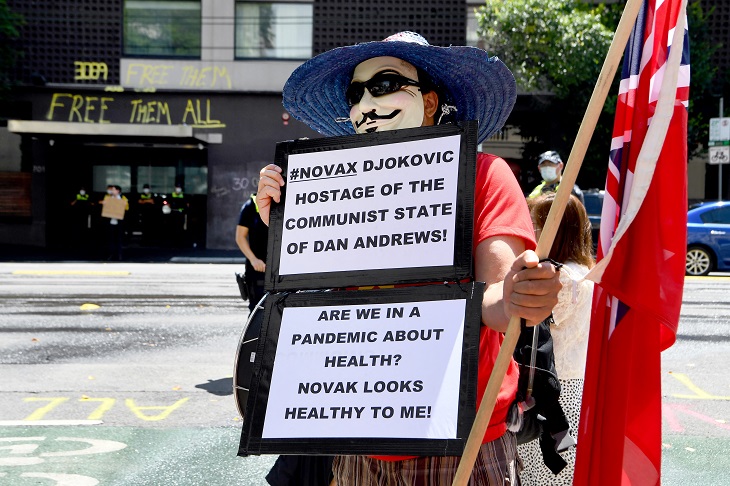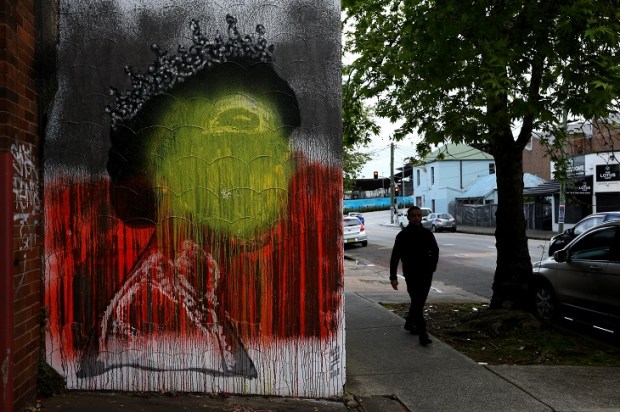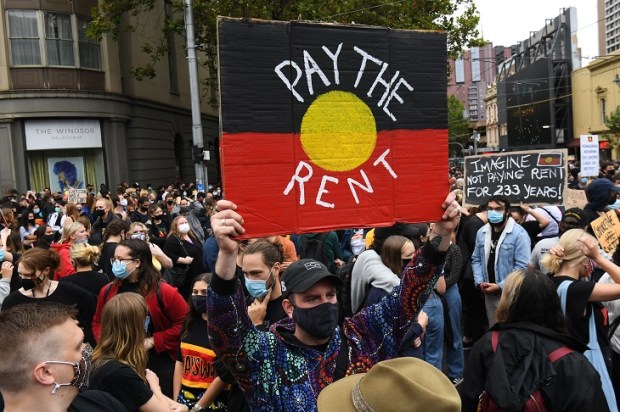I suspect the people who voted for Alex Hawke and Scott Morrison will not be particularly persuaded by the seriousness of their actions vis-à-vis Djokovic; but as I will endeavour to show, it is not just a case of removing a tennis player from jurisdiction.
The full Federal Court may have given Hawke’s decision a thumbs up, but it starts and finishes with Morrison.
Already a subscriber? Log in
Subscribe for just $2 a week
Try a month of The Spectator Australia absolutely free and without commitment. Not only that but – if you choose to continue – you’ll pay just $2 a week for your first year.
- Unlimited access to spectator.com.au and app
- The weekly edition on the Spectator Australia app
- Spectator podcasts and newsletters
- Full access to spectator.co.uk
Or


























Comments
Don't miss out
Join the conversation with other Spectator Australia readers. Subscribe to leave a comment.
SUBSCRIBEAlready a subscriber? Log in